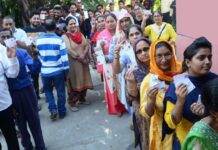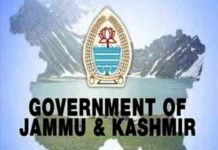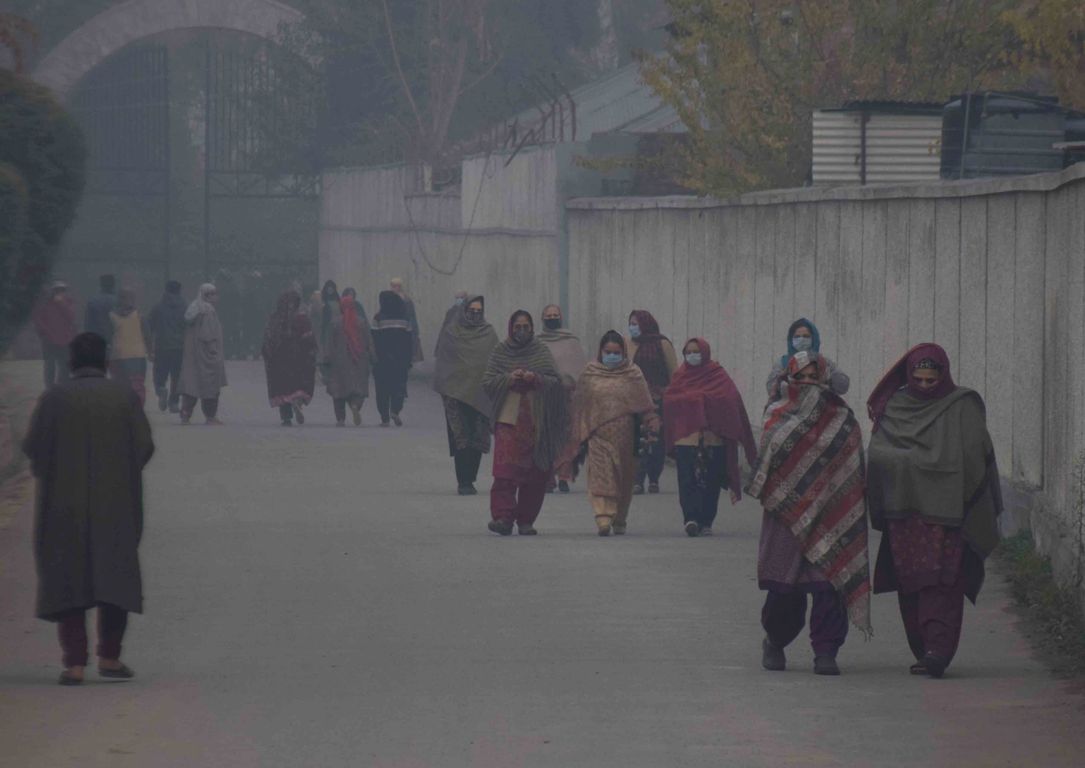SRINAGAR: In Kashmir, headcount, the census, has always remained controversial. But in the spring of 2011 when Delhi’s demography counter enumerated us in J&K, we were 12541302 in J&K, 68.31 percent of them Muslims. Precisely the Muslim majority state had 8567485 Muslims then. With a growth rate that is slightly higher than all other communities, Muslims in J&K might be close to 10 million in 2017.
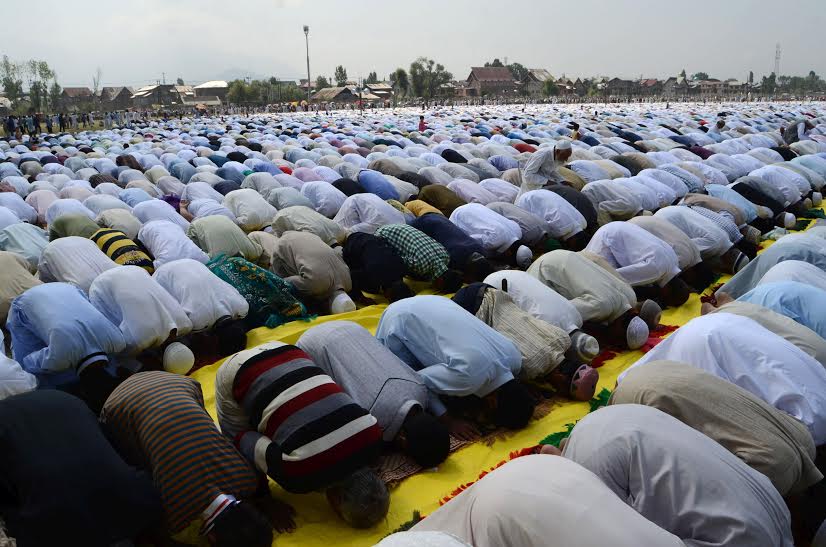
But let us evaluate on basis of March 2011. And let us discount the general BPL (Below Poverty Line) ratio of one-fourth which is 25 percent. If we reduce the 2141871 people – the 25 percent of the Muslim population, then the balance population above the poverty line is three fourth, which is 6425614.
What is divinely ordered is that every Muslim has to pay Sadkat-ul-Fitr. It is to be paid for every soul who is born before the prayers of Eid are called. It is mandatory for everybody who can afford it.
For the current season, the Sadkat-ul-Fitr has been decided to be at Rs 50 per head and not below Rs 45. That would mean the Muslims living in J&K have to pay a Sadkat-ul-Fitr of Rs 32.12 crore. It does exclude a huge population that was added to them in last seven years. So if take it very conservatively, the amount is not less than Rs 50 crore.
This particular charity goes to the people who cannot afford adequate spending on this day, the Eid.
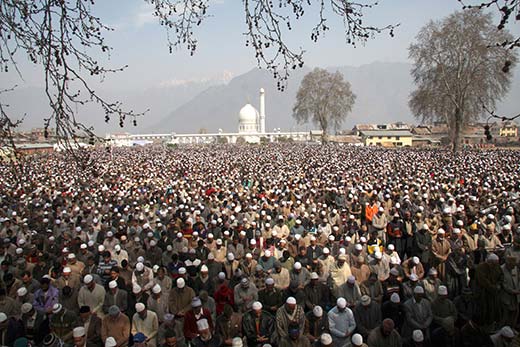
But the people do not restrict themselves either to the fixed amount per head or to Sadkat-ul-Fitr alone. They evaluate the Zakat amount as well and give it away this season, by and large. Zakat is one of the five pillars of Islam and nobody can avoid it. Roughly it is 2.5 percent of the wealth and the possessions of a Muslim.
Though not many people pay Zakat, but a significant population does. It goes to the people as per the Shairiah. It is also a fact that unlike Sadkat-ul-Fitr, Zakat is less organized in J&K. A very conservative estimate would suggest that on Eid or during Ramzan people pay not less than Rs 20 crore of Zakat. There are instances that people in Kashmir pay Zakat and ensure they do not miss any tax that is part of legal structure in the state. Then there are people, though small in number, who pay Zakat, taxes and still avoid banks because of interest.
Precisely, this the reason why all the social work groups, the seminaries, the institutions taking care of the destitute have a very hectic month in the year. Most of the institutions who work with public charity, manage almost half of their budgets during this month. This also explains why Kashmir witnesses a huge rush of professional beggars too.


